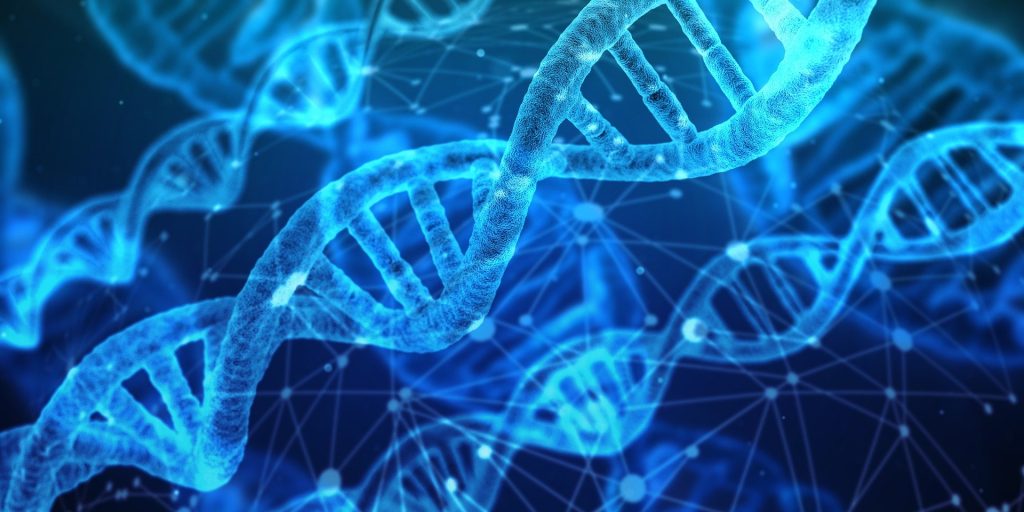Mitochondria Dump DNA into Cells, Triggering Inflammation

Researchers have discovered that when building blocks for DNA in cells are in short supply, mitochondria— the powerhouses of cells — release their own DNA, triggering an inflammatory response. Targeting this process can now open up new avenues of treatment into ageing-related diseases.
Mitochondria, the producers of energy for cells, , have their own genetic material: mitochondrial DNA. In certain situations, however, mitochondria are known to release their DNA into the interior of the cell, provoking a reaction from the cell’s own immune system. Some cardiac and neurodegenerative diseases as well as the ageing process are associated with the mitochondrial genome.
To find out when mitochondria release their DNA, the researchers have focused on the mitochondrial protein YME1L. “In cells lacking YME1L, we observed the release of mitochondrial DNA into the cell interior and a related immune response in the cells,” explained Thomas MacVicar, one of the study’s two first authors.
“If the cells lack YME1L, there is a deficiency of DNA building blocks inside the cell,” he continued. “This deficiency triggers the release of mitochondrial DNA, which in turn causes an inflammatory response in the cell: the cell stimulates similar inflammatory reactions as it does during a bacterial or viral infection. If we add DNA building blocks to the cells from the outside, that also stops the inflammation.”
This newly discovered link between cellular inflammatory response and the metabolism of DNA building blocks could have far-reaching consequences, MacVicar explained. “Some viral inhibitors stop the production of certain DNA building blocks, thereby triggering an inflammatory response. The release of mitochondrial DNA could be a crucial factor in this, contributing to the effect of these inhibitors,” he said.
Mitochondrial DNA is associated with a number of ageing-associated inflammatory diseases, including cardiac and neurodegenerative diseases, as well as obesity and cancer. The authors hope that new therapeutic opportunities in such diseases can be created by modulating the metabolism of DNA building blocks.
Source: Medical Xpress
Journal information: Hans-Georg Sprenger et al, Cellular pyrimidine imbalance triggers mitochondrial DNA–dependent innate immunity, Nature Metabolism (2021). DOI: 10.1038/s42255-021-00385-9

